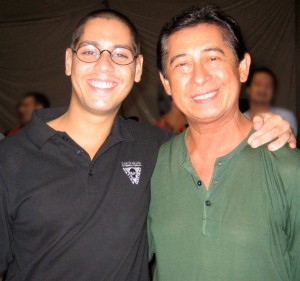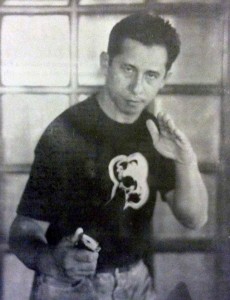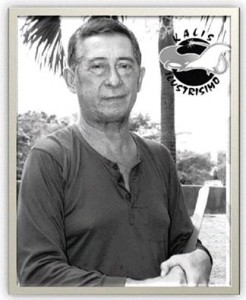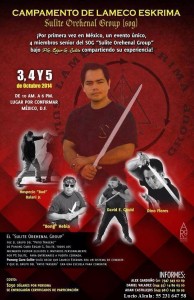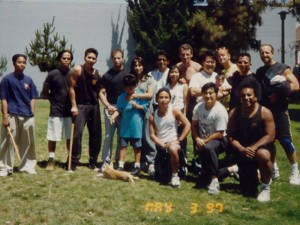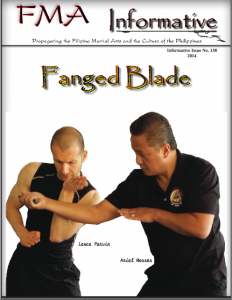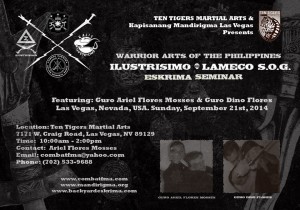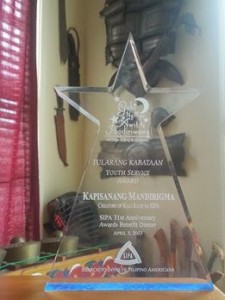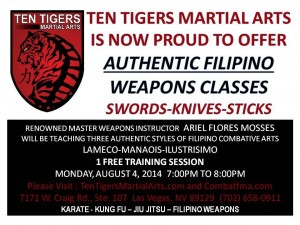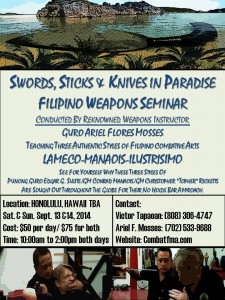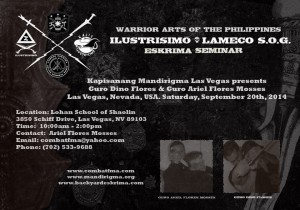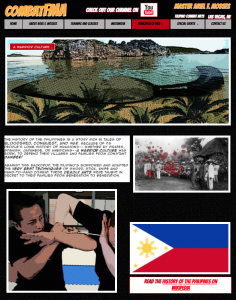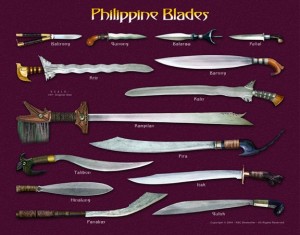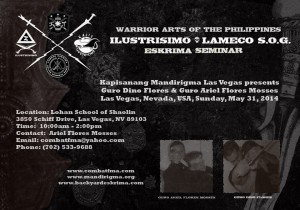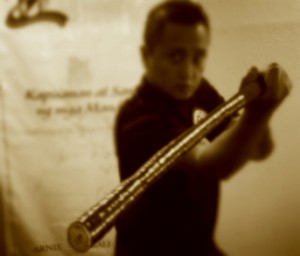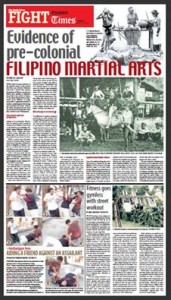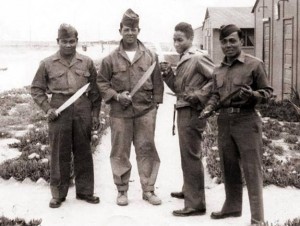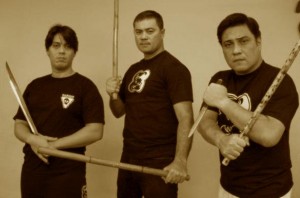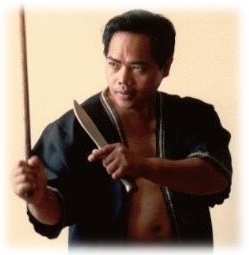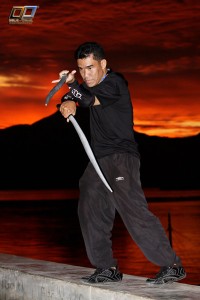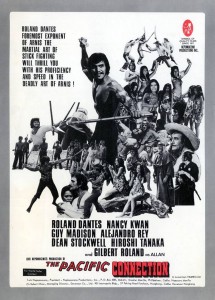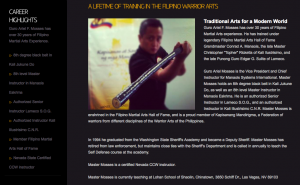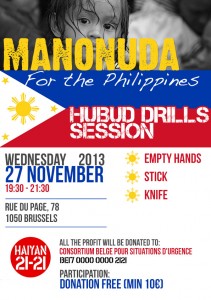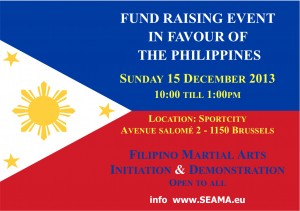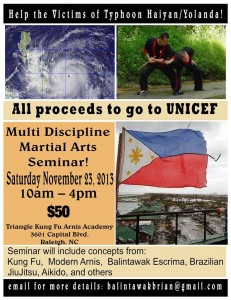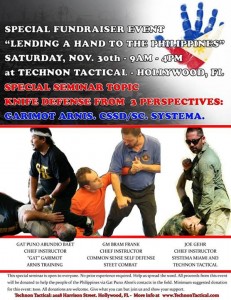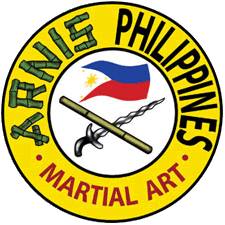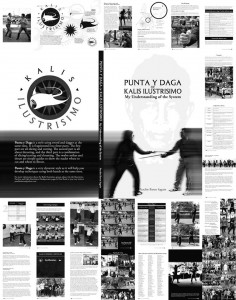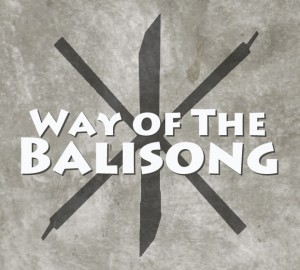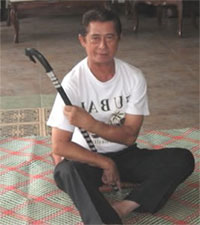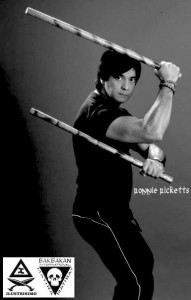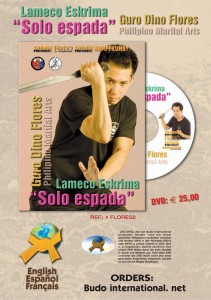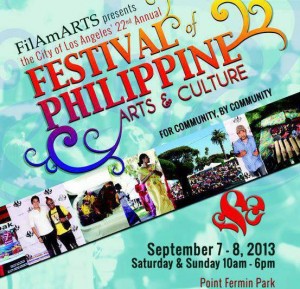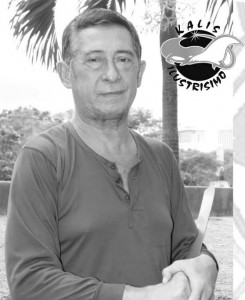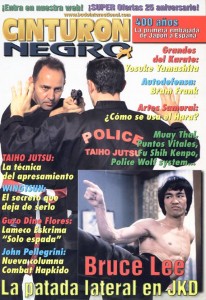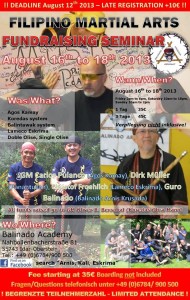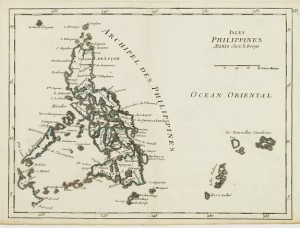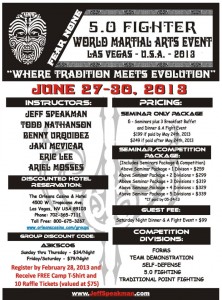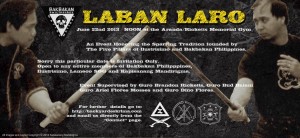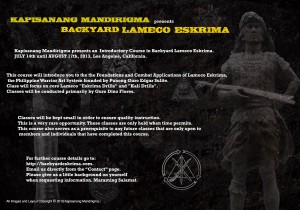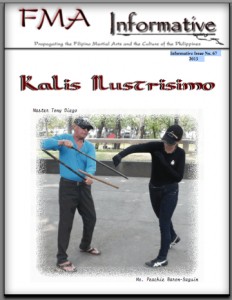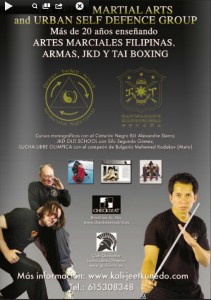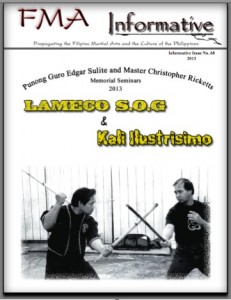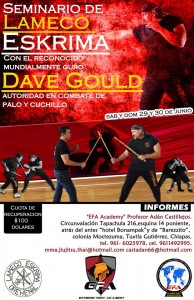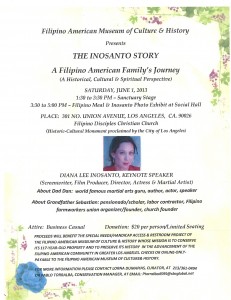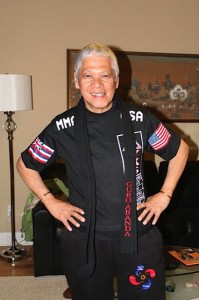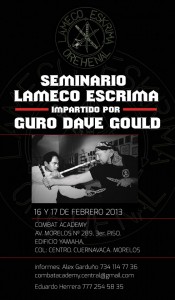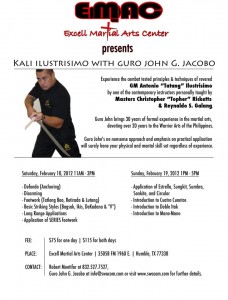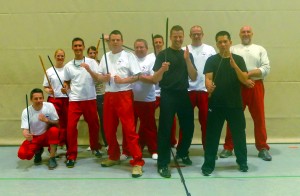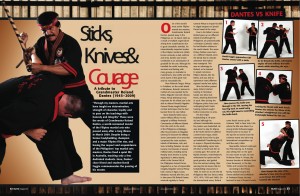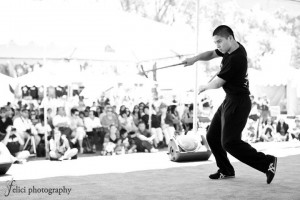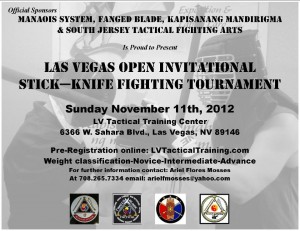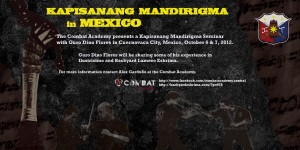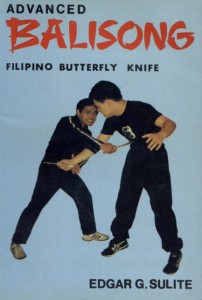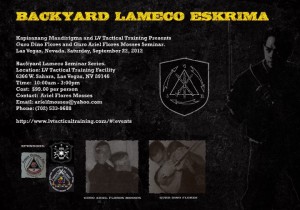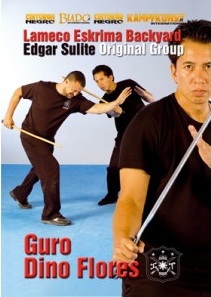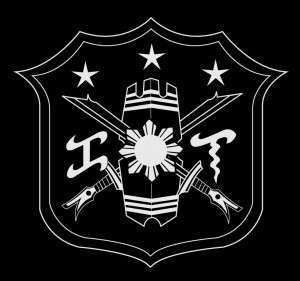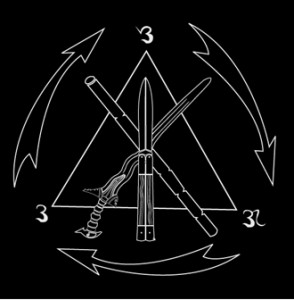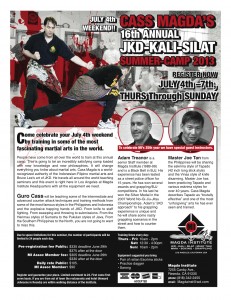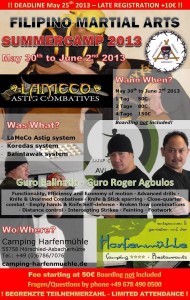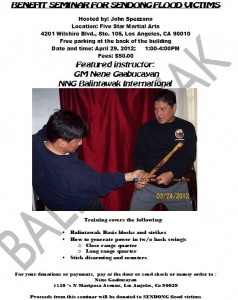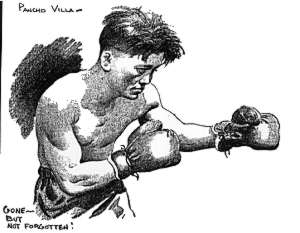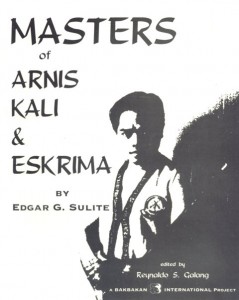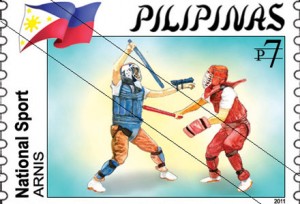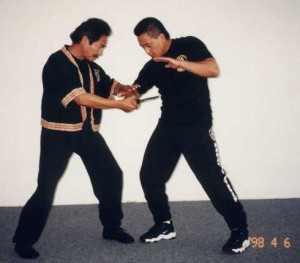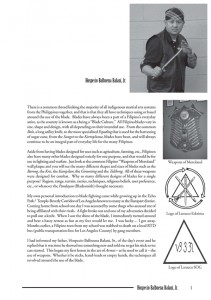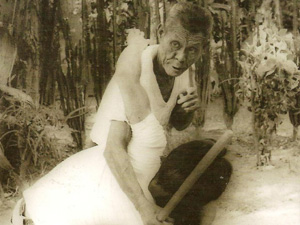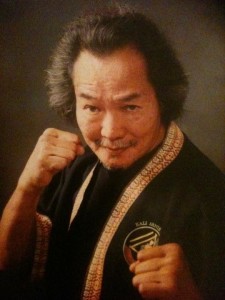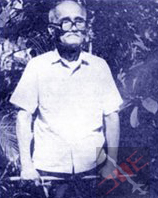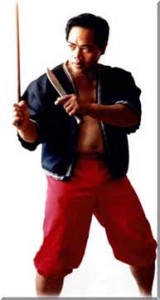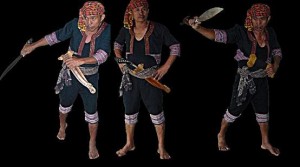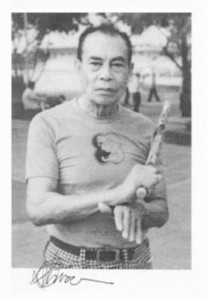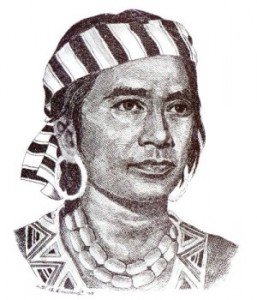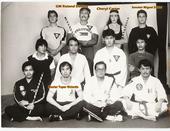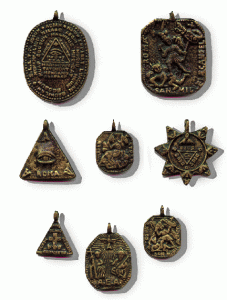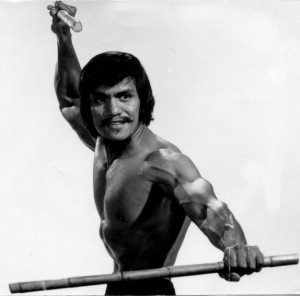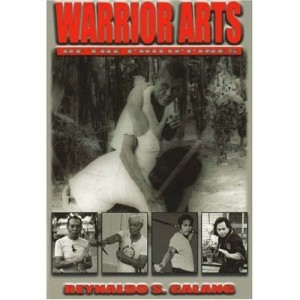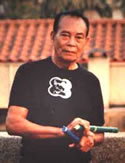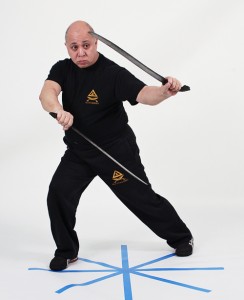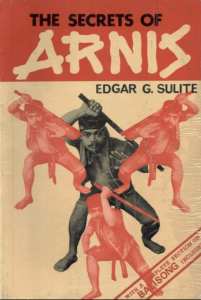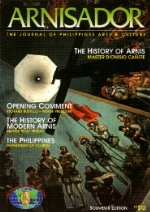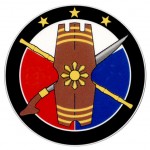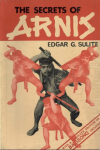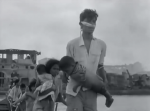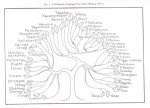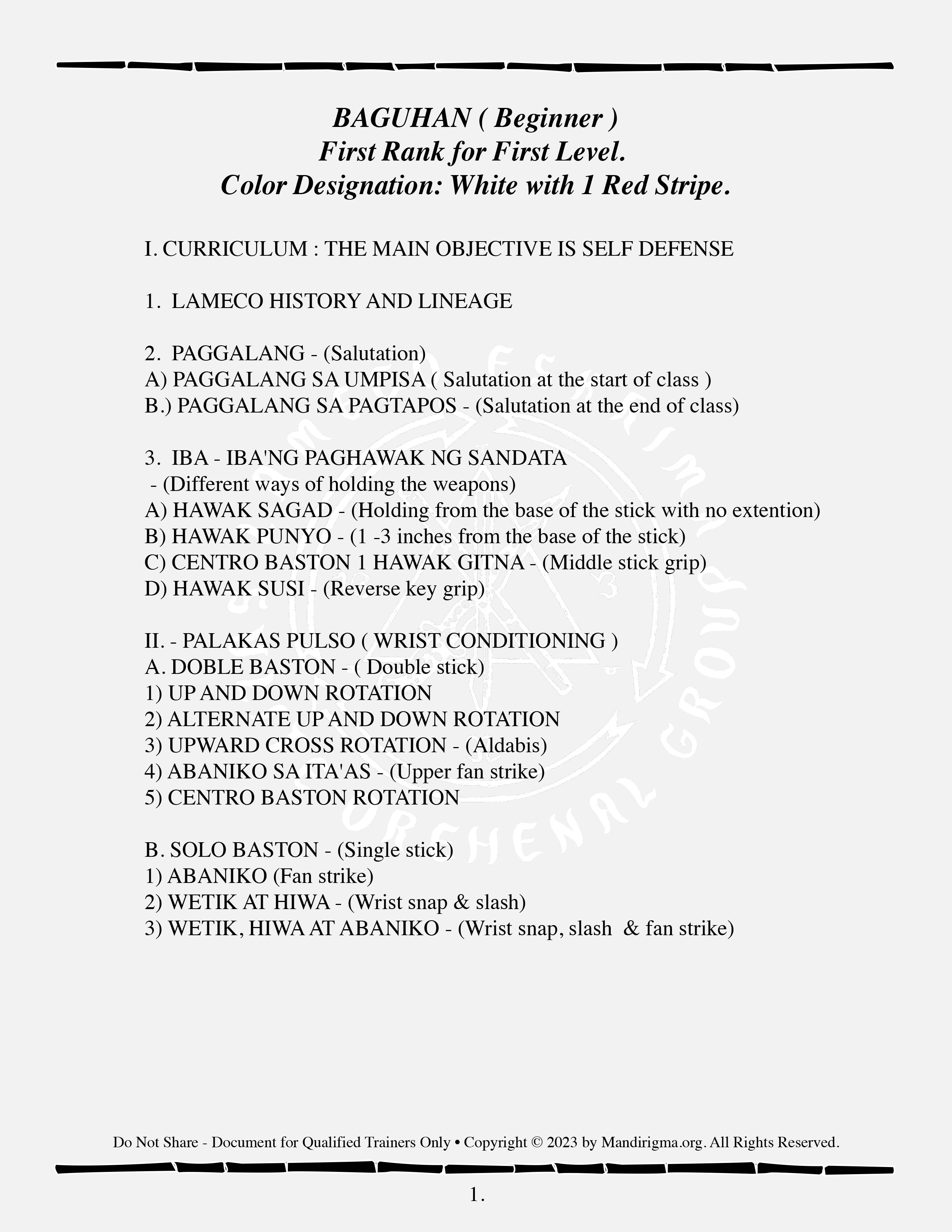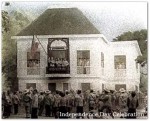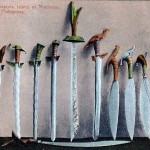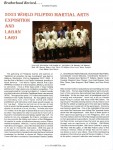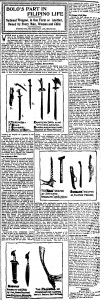
Filipino Martial Arts Reported in a New York Newspaper, 1900 Article From: http://martialartsnewyork.org/2014/10/14/filipino-martial-arts-reported-in-a-new-york-newspaper-1900/ On October 28, 1900, a lengthy article appeared in the Rochester Democrat and Chronicle, describing the many weapons used by the native inhabitants of the Philippines, as well as details pertaining to the method of their use, and rituals in the duel. The article, complete with illustrations, is probably one of the first in America to detail the martial culture of the Philippines, and is almost certainly the first such article to appear in New York State. Although Filipino martial arts such as Kali and Arnis had likely not yet made their appearances in New York, this article offers a fascinating glimpse at how such fighting arts were viewed by visiting Americans at the turn of the century. After an initial examination of the social importance of the Bolo and its method of manufacture, the article proceeds to describe other indigenous weapons and their manner of use. The first is the Sundang, or northern (Luzon) version of the Bolo: “The weapon is curiously shaped and cunningly balanced so as to throw the weight toward the striking end. Even a light blow is terribly effective. The average Filipino is as dextrous in handling the sundang as a fencing master is with the rapier.” Next, the Campilan is described: “It is carried over the shoulder and is never unsheathed for the first stroke. When necessity for its use arises it is brought down on the head with the scabbard on it. The blade cuts through the thread, thus unsheathing itself…There is a regular drill the Moros go through with this weapon, cutting and chopping with extraordinary swiftness while continually leaping hither and thither to avoid the return of the enemy. An individual encounter between two natives armed with the campilan presents a curious and startling spectacle. One sees the sudden stroke, hears the clap and rattle of the wooden scabbard as it lands and watches it fall to the ground in halves…It seems hideously incongruous that the recipient of the stroke should go down with his skull split at the same moment. But the sheathed steel does its work swiftly and such duels are over with the first swing that reaches the mark.” Next, the article describes the method of using the Kris, the staff officer’s favorite weapon: “The approved kris stroke is for the body with a peculiar weaving motion of the wrist, supposed to send the blade home and spread the wound…it is brandished above the head of the charging leader, a beacon of victory.” Also described is the smaller punal de kris, a “diminutive but deadly weapon,” as well as the quinabasi, or knife of the private soldier: “He carries it very much as the American private does his bayonet…Generally speaking it is a utensil rather than a weapon, though by no means to be despised at close quarters.” The author describes other weapons as well such as the terciada, borong, andtalibong. If you’d like to read more, the entire article can be loaded and read by clicking on the image below. Also, if you enjoyed this article, see: Filipino versus Spanish Knife Fighters and a Duel in New York City, 1931 … [Read more...]
